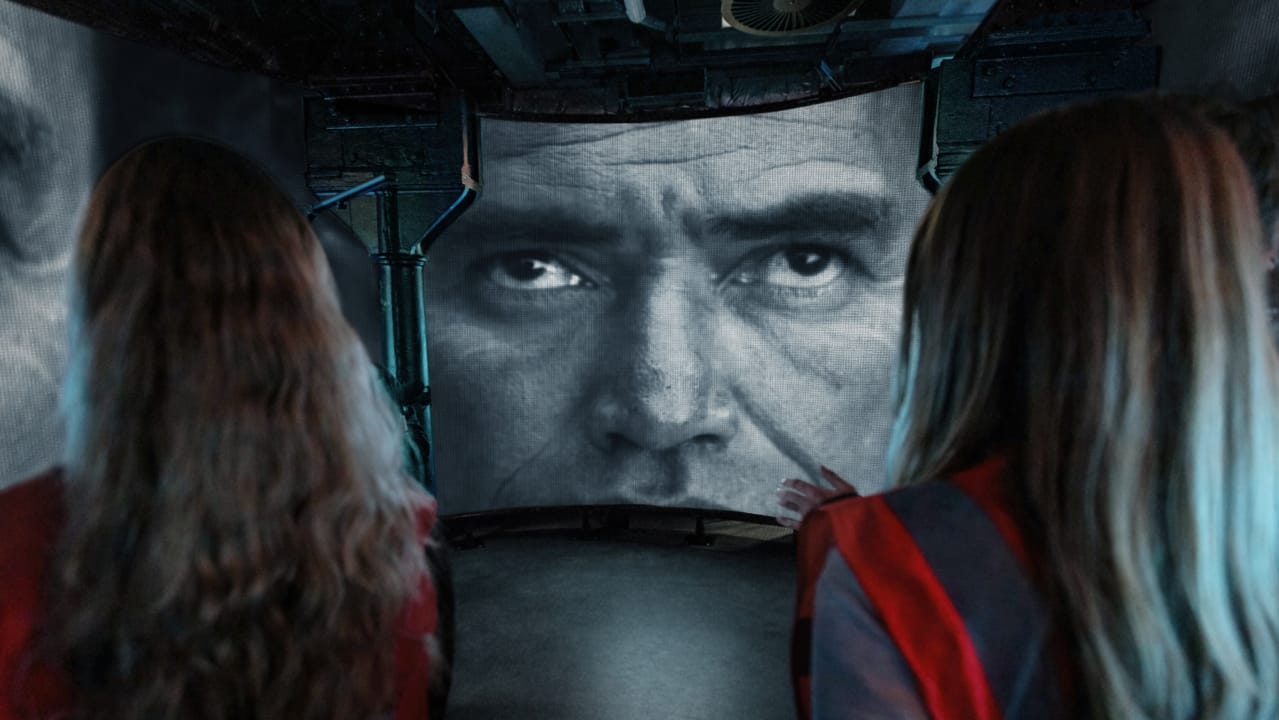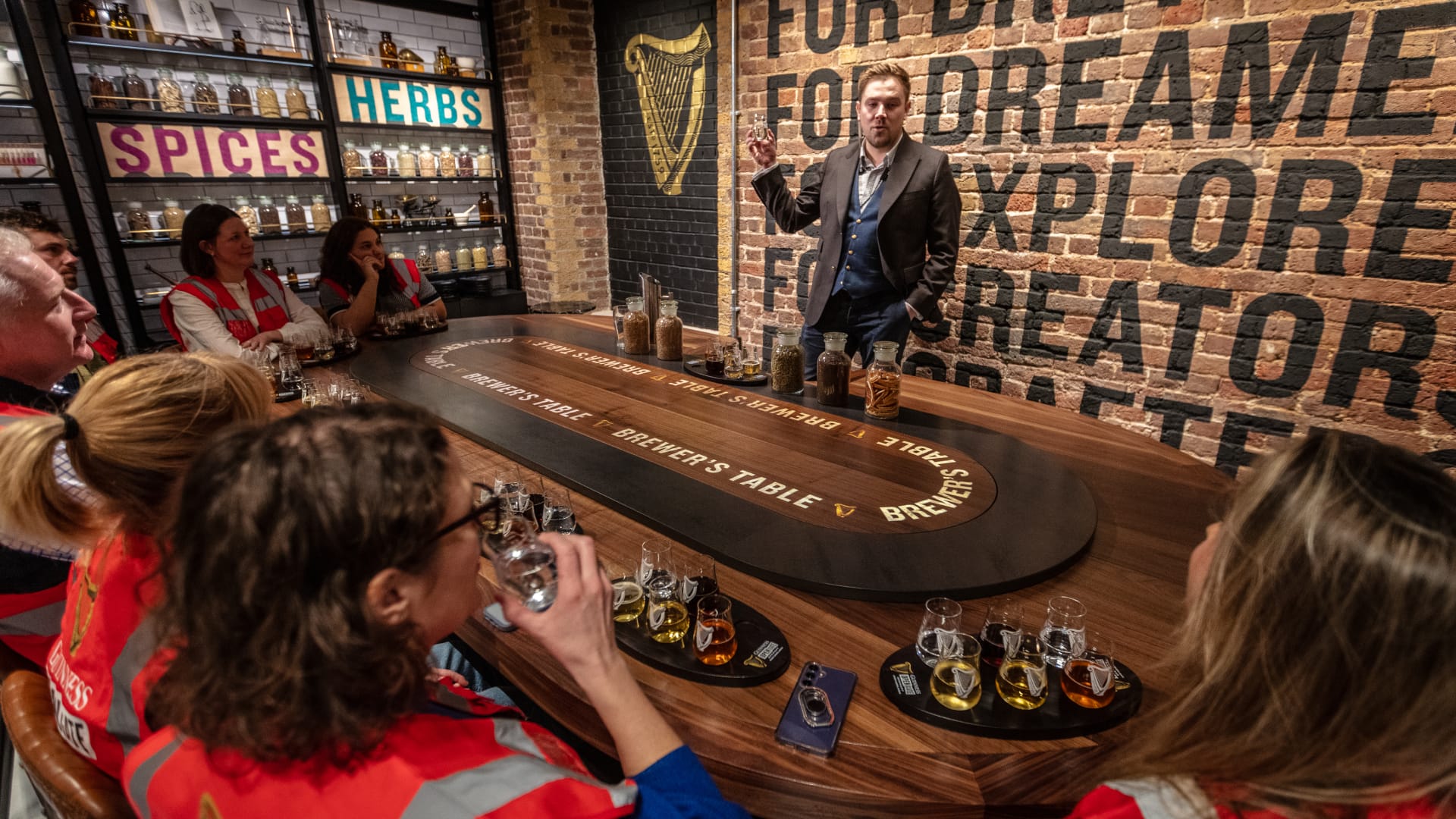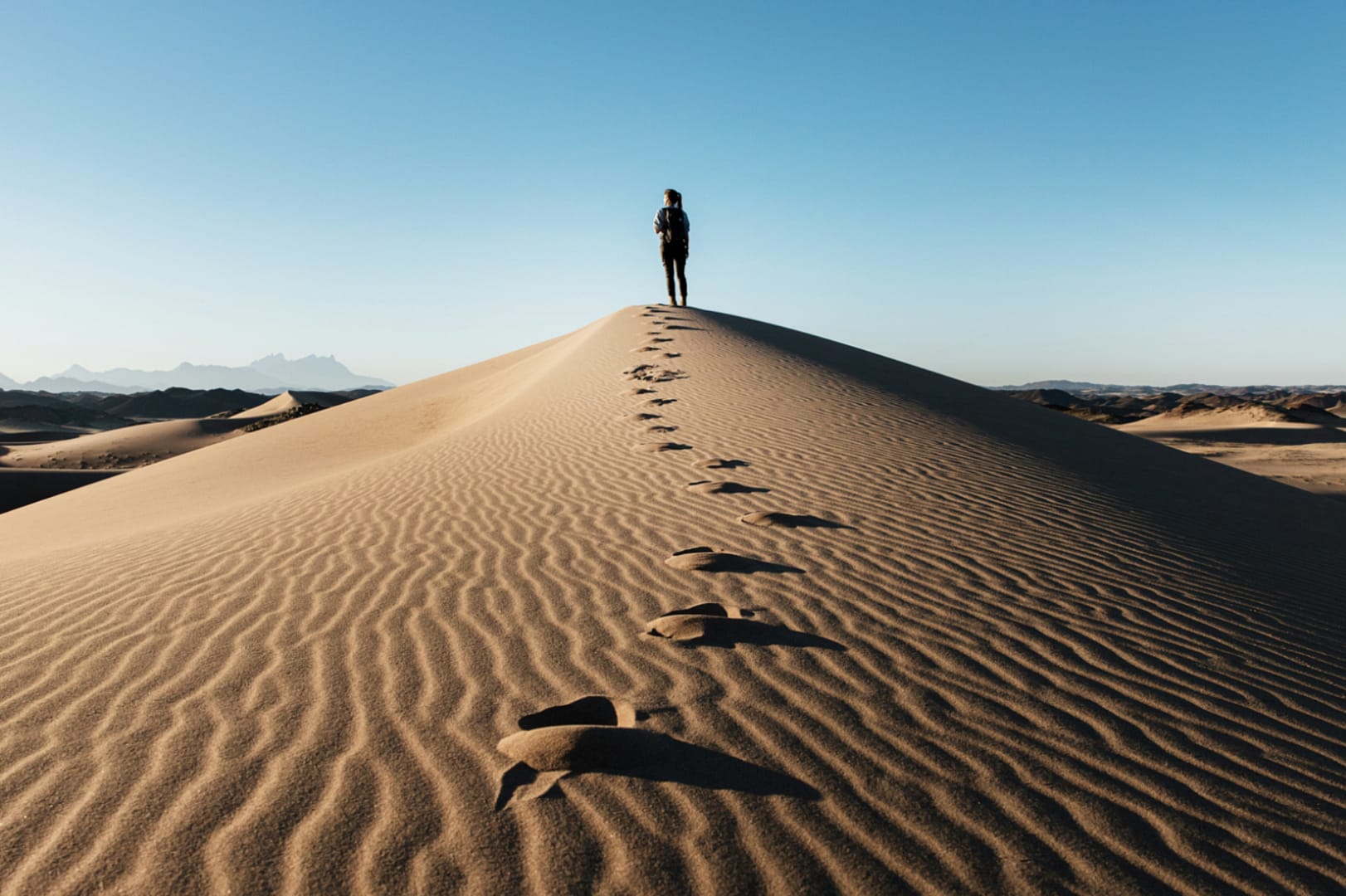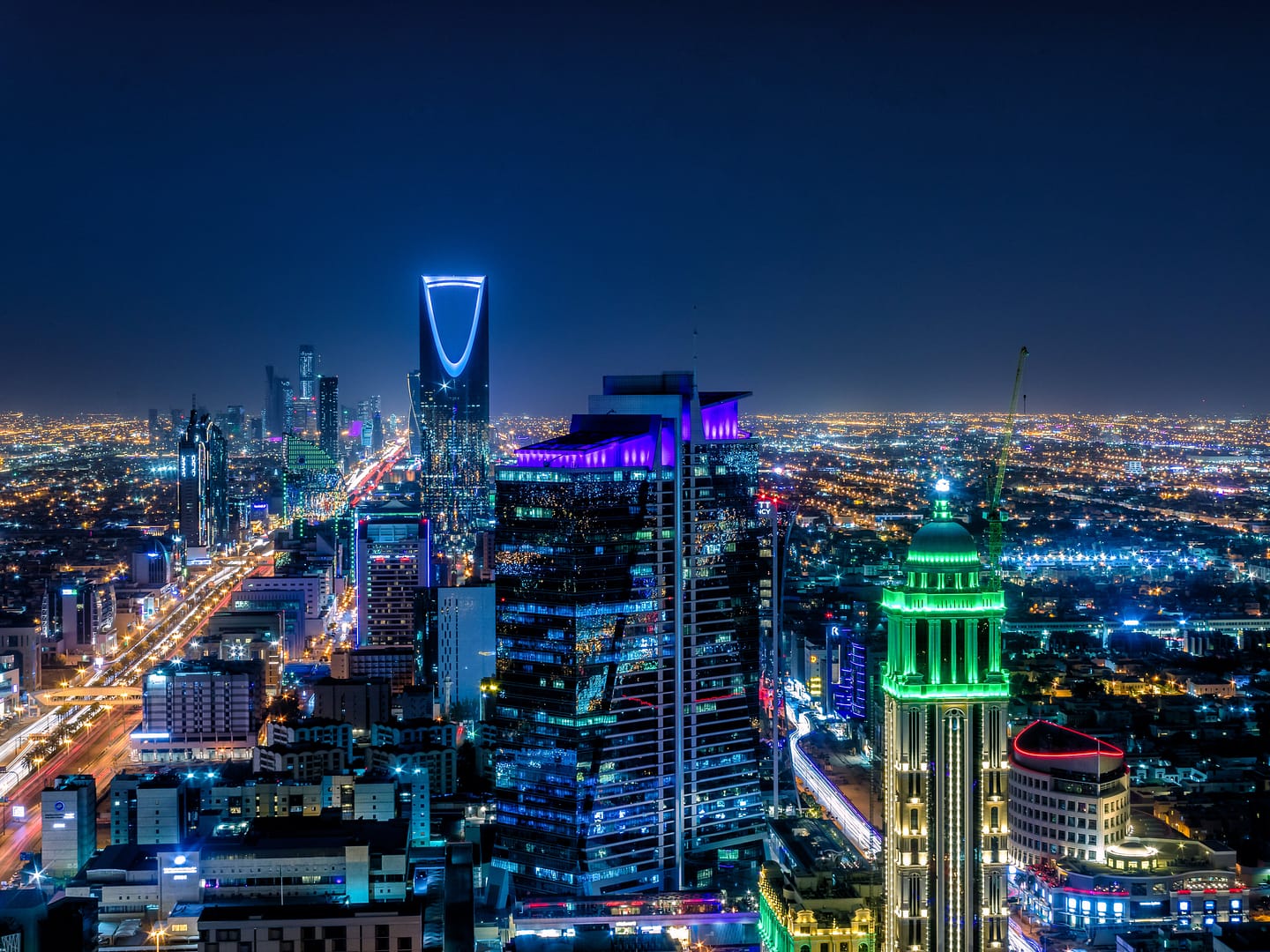
Saudi Arabia’s quest to create new markets, territories and economies to diversify from oil is huge and significant.
By the end of this year, the Gulf states will collectively have been at the forefront of the world when it comes to embracing experiences on a global level. Having started the year hosting one of the largest World Expos in Dubai, the end of the year will see Qatar be the first ever Middle Eastern country to host the FIFA World Cup.
This push to welcome large-scale events may seem like grandstanding and an opportunity for countries to showcase their vast oil wealth to the world, but at its heart is the radical realisation that to diversify their economies, the states need to look far beyond oil and fundamentally embrace and accept rapid change.
Enter the “experience economy”.
First coined by Joe Pine and James Gilmore in 1998, the experience economy identifies experience as a powerful economic output that is able to transform countries. Experiences provide this opportunity as they can not only shift GDP, but also create dialogue, accelerate cultural exchange and add value.
The cities and nations that champion this principle will see a multiplier effect. And Saudi Arabia is the nation leading this movement. With Saudi Arabia expected to be the fast-growing economy this year.
But how can experiences and the benefits of embracing this medium act as a force of change?
Experiences attract tourism
In recent years, the Kingdom of Saudi Arabia has begun to recognise the benefits of the experience economy – and has simplified the tourism visa process to increase both interest and access. Considering the World Travel and Tourism Council’s findings that the tourism industry accounts for one in five jobs globally, this will be a huge contributor towards achieving some of the country’s Vision 2030 goals to make it a leading job creator in the region.
The increase in access to the Kingdom will also naturally generate a larger appetite for guest experiences. And an investment in experiences will correct some preconceptions of the nation. For example, the hosting of major sporting events will enable potential visitors to preview the rich offerings of the kingdom, and form new connections with audiences through transformative experiences. And not only for the guests, but also for the hosts.
These events allow experiences to be created that will be remembered in ‘where were you’ moments. Memories that can transcend time. By making the most of these opportunities Saudi Arabia will have the platform to diversify its economy from a carbon economy to a lucrative experience driven one.
But experiences don’t always need to be global displays. In fact, multiple experiential touch points will be needed to truly rival oil’s stake in the economy.
The new airport in Riyadh is a prime example of this in action – creating a new gateway experience that will form the first impression for all new visitors as well as transit passengers who will be able to connect to the wider experience ecosystem. At Imagination, we call this experience infrastructure.
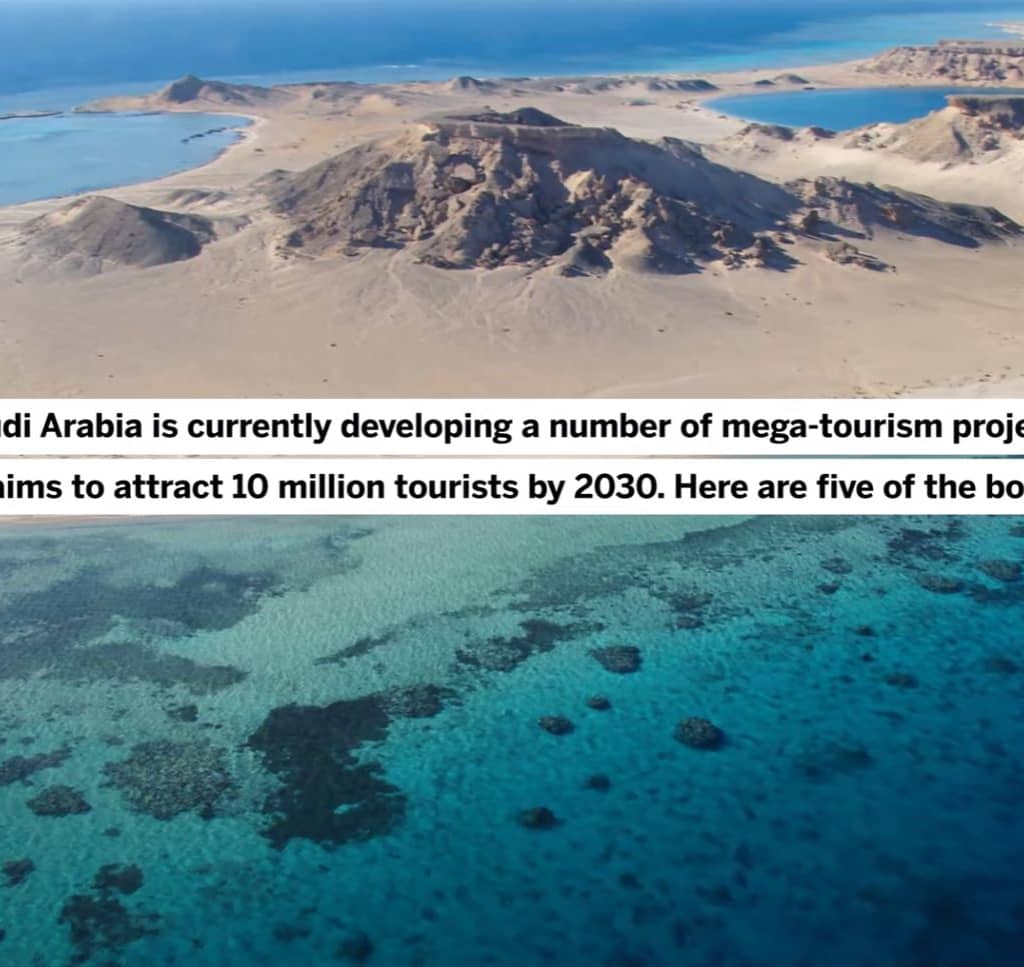
People value experiences over possessions
Yet the experience economy is not only beneficial for tourism. Immersive entertainment events are more crucial than ever to attract new audiences as people rekindle their social gatherings in a post-Covid landscape.
And as millennials look for experiences over possessions, there is a real opportunity for brands to harness this sentiment. FOMO moments, limited editions, pop-ups – where people feel they must attend – or even permanent, bespoke destinations curated around a shared passion for experiences, are all opportunities.
Presented By’s recent Riyadh store launch is a good example of this, with its unique, multisensory retail space.
Look at Al Ula too. By unlocking the vast historical heart of Saudi Arabia’s ancient heritage via flagship cultural experiences, the kingdom can create profound transformative journeys which create memories to last a lifetime. Far more than any souvenir could achieve.
Experiences and the internet
We know that advance technology has transformed the way we interact with each other. And experiences are no different. Monumental moments can now be recorded, shared and amplified globally, almost instantly. And people are much more likely to share or reshare an experience than they are a possession.
The ability the Gulf states have to design and deliver best-in-class experiences are a huge advantage in this area – creating innovative and ground-breaking experiences that push the boundaries of what connected experiences can become.
Think Neom – an experience reimagined. One that hasn’t even fully begun yet but is already being discussed globally. It promises to be by far the most transformative experience potentially anywhere in the world, helping to put Saudi Arabia on the map rethinking what the future of living will be.
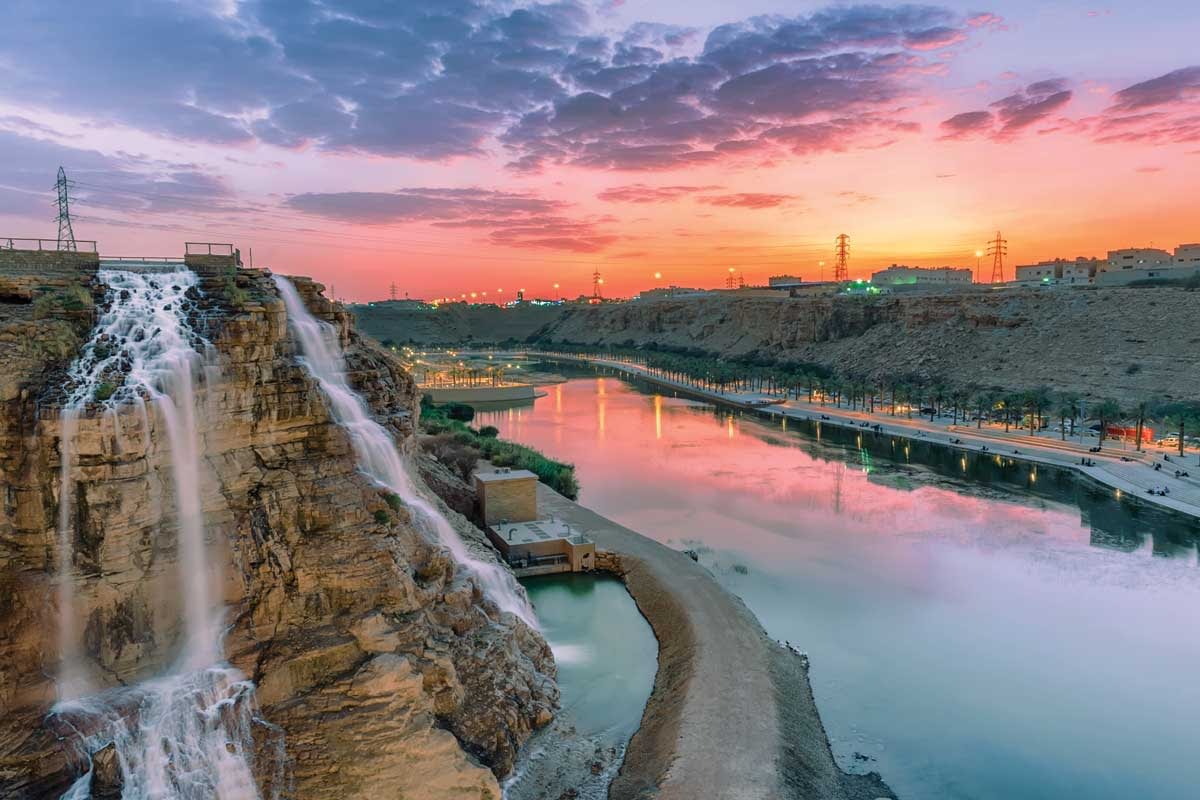
Experiences are for the public good
What mustn’t be forgotten is the impact experience has on the wellbeing of the public. Recognising this, Saudi Arabia’s Quality of Life programme has dedicated a section to explore how the diversity and quality of experiences can contribute to the quality of life of its people. It has also begun to invest in experiential programmes that directly impact the lives of its citizens.
Qiddya is a great example of the use of experiences to better the lives of nationals. The entertainment megaproject located on the outskirts of Riyadh will reimagine the future of leisure and entertainment experiences that will create huge domestic and international visitor spend. No longer will Saudi nationals need to travel for world class amusement parks and live entertainment.
They will have it on their doorstep. Saudi Arabia’s quest to create new markets, territories and economies to diversify from oil is huge and significant. It will take the Kingdom into many new areas that will benefit residents and visitors, as well as introducing some of the most exciting experiences to the rest of the world.
This article first appeared in Arabian Business written by Imagination Middle East.
